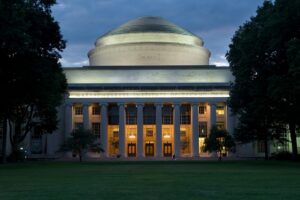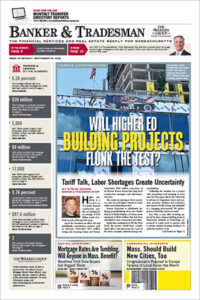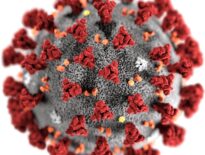An MIT research study of the links between pollution and disease in Chinese urban centers took an abrupt turn after the coronavirus outbreak in central China.
MIT’s Sustainable Urbanization Lab now is using a mobile phone app to track the travel patterns of residents in an undisclosed city located about 400 miles from Wuhan, while providing users with updates from local health officials on the spread and containment of the disease.
“When the virus started spreading, we modified the app to give it the [coronavirus] information and make sure we can investigate the responses of individuals,” said Juan Palacios, the lead researcher.
Data collection is in the “very preliminary” stages, Palacios said, but could yield insights into how residents react to news and rumors about health threats, helping them make rational decisions.
“We want to understand how the coronavirus is affecting people, not just the patients but the common people, and the broader social costs for all of the population,” he said.
The study began in July 2019 with a focus on how health concerns about air pollution affect commuting and travel patterns, said Siqi Zheng, faculty director of MIT’s Sustainable Urbanization Lab. China is the world’s largest source of greenhouse gases, and studies have linked air pollution to up to 1.6 million premature deaths annually.
The study also explored the economic implications of pollution. Research has indicated college graduates tend to leave cities with elevated smog levels, contributing to a brain drain.
Partnering with the Hunan provincial government, MIT launched a smartphone app that measured residents’ travels by GPS. The test pivoted toward the coronavirus focus in late February, and MIT is seeking to recruit hundreds of residents to become participants, Palacios said.
While the Chinese government has used location tracking data from the wallet app Alipay to limit residents’ movements in some areas, the data from the MIT study is only accessible by the research team, Palacios said.









